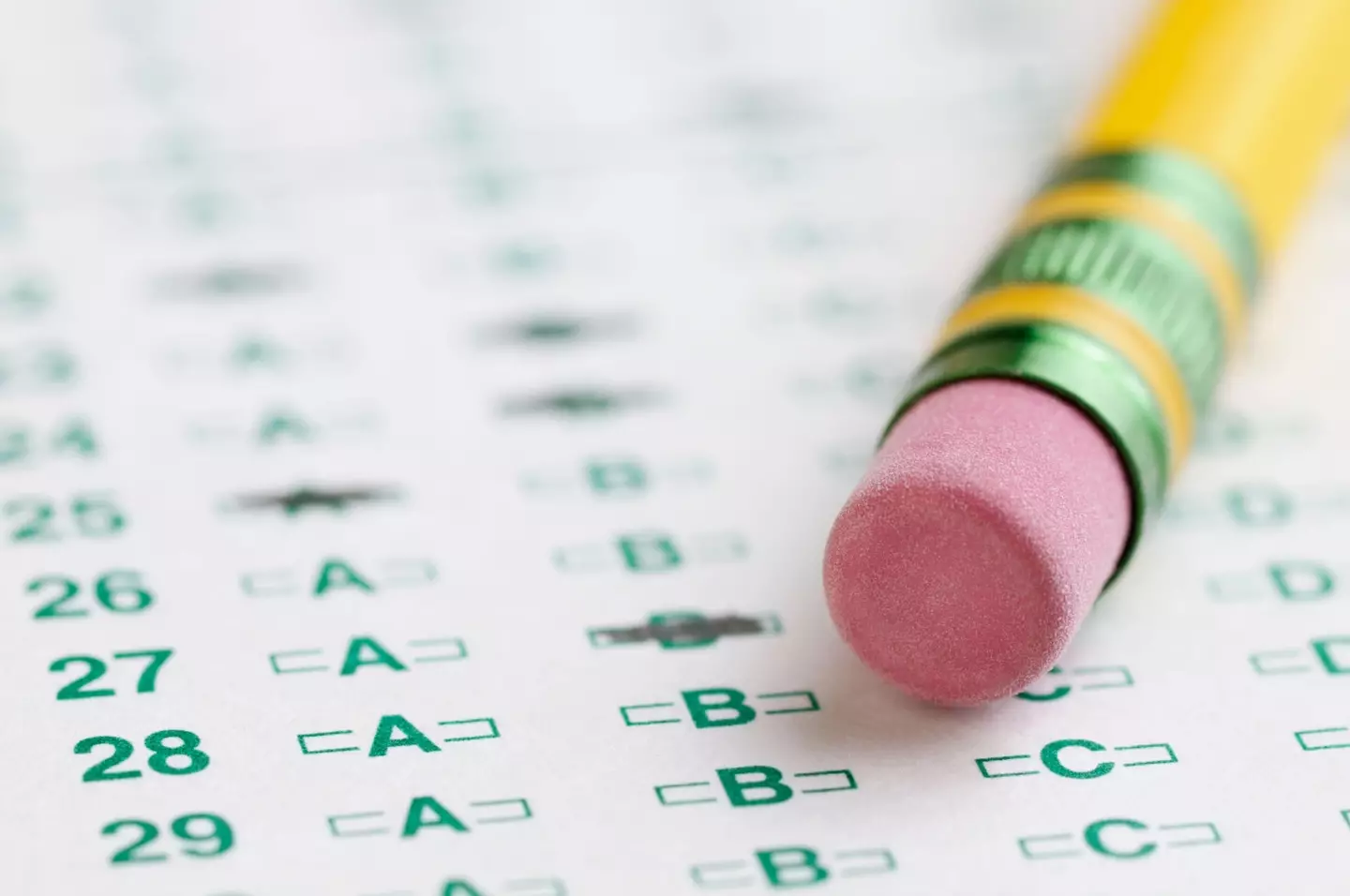
Could robots one day take over the planet? Well, it seems artificial intelligence is becoming more sophisticated than ever after online tool ChatGPT managed to pass law school exams.
In case you're unfamiliar with the online tool, ChatGPT, is a chatbot developed by OpenAI, that can write songs, poems, and even college essays, with just a few simple prompts.
.jpg)
While it can't currently outscore most students when it comes to exams, it can achieve a pass grade. In fact, law professors at the University of Minnesota actually used the tool in exams last year, before grading them anonymously alongside their actual students' papers.
Advert
The bot scored an average of C+ - which is below the human average of B+ - but if the chatbot was a human, they could still have earned a law degree with that score.
"Alone, ChatGPT would be pretty mediocre law student," said study author Jonathan Choi, who also worked on the research project with professors Kristin Hickman, Amy Monahan and Daniel Schwarcz.
"The bigger potential for the profession here is that a lawyer could use ChatGPT to produce a rough first draft and just make their practice that much more effective."

The exams included a mix of 95 multiple choice and 12 essay questions.
The bot performed better on the essays but struggled more on maths related questions.
“In writing essays, ChatGPT displayed a strong grasp of basic legal rules and had consistently solid organization and composition,” the study authors wrote.
“However, it struggled to identify relevant issues and often only superficially applied rules to facts as compared to real law students.”

With the bot able to produce some pretty convincing work, many have wondered whether it could be used to cheat during exams or coursework.
Earlier this month, we told you how a student has created a website tool that can reportedly detect whether essays are written by the AI bot.
Princeton University student Edward Tian has created GPTZero in a bid to curb concerns about cheating.
Taking to Twitter earlier this month, the 22-year-old said: "I spent New Years building GPTZero – an app that can quickly and efficiently detect whether an essay is ChatGPT or human written."
All you have to do is copy a paragraph of text and paste it into the GPTZero detector and it shows you its findings.
"In short, there's so much chatGPT hype going around. Is this and that written by AI? We as humans deserve to know!" He said.
You can read more about the tool here.
Topics: Technology, US News
